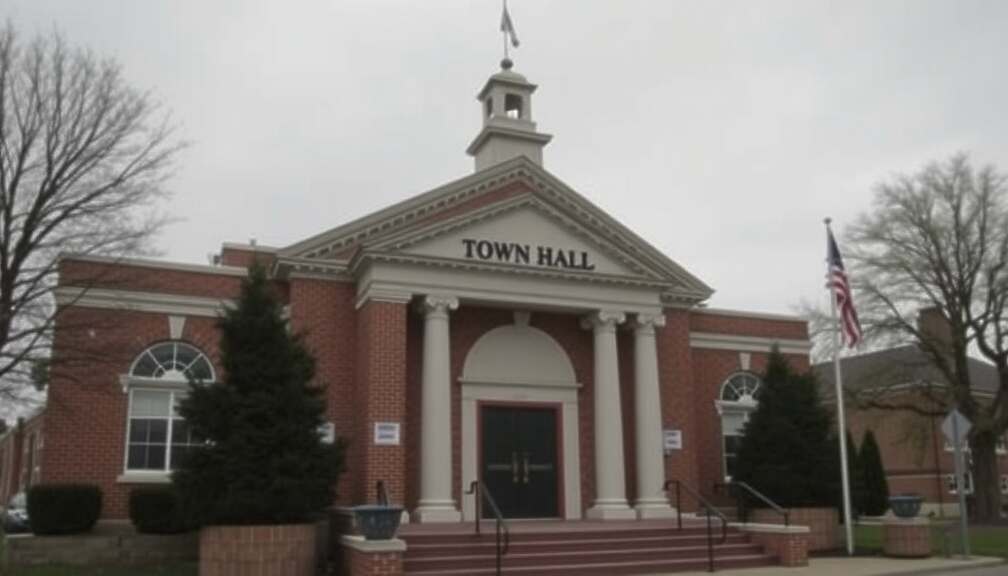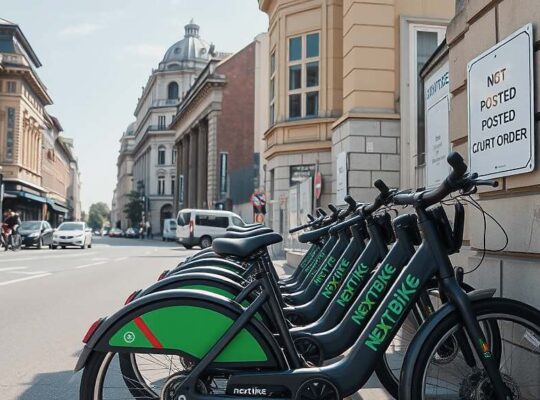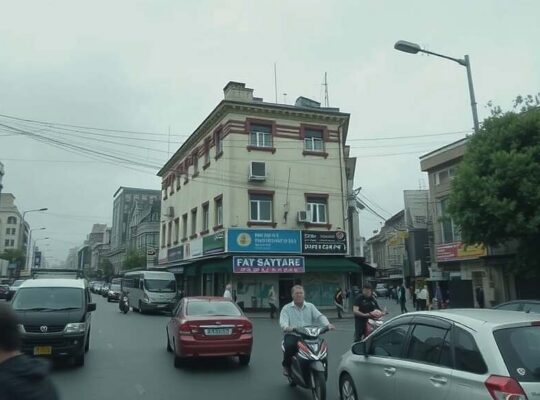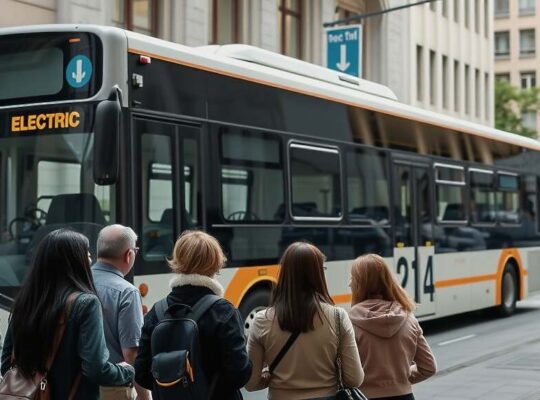According to leading municipal associations, approximately one-third of North Rhine-Westphalia’s (NRW) local authorities are currently planning to implement the proposed payment card system designed for refugees.
Andreas Wohland, Deputy Head of the NRW Municipal Associations, told the “Rheinische Post” newspaper that the situation is split roughly into thirds: one-third intending to adopt the card, one-third opting not to and one-third remaining undecided. The Association of Cities and Municipalities in NRW confirmed this distribution among its members. “We are not happy” Wohland stated, adding that such low participation sent a negative signal.
State Minister for Refugees, Josefine Paul, has defended the opt-out regulation that allows municipalities to freely choose whether or not to implement the payment card system. She emphasized the importance of upholding local governance and democratic processes by allowing communities to utilize existing systems.
However, significant practical questions regarding the card’s functionality remain unanswered. A critical feature – the ability to make SEPA transfers – is currently unavailable in NRW. The Refugee Ministry confirmed to the “Rheinische Post” that this function has not been activated and that its legal implementation is still in progress, meaning transfers and direct debits are presently not possible.
Opposition members in the state parliament have voiced sharp criticism. Lisa-Kristin Kapteinat, Deputy Leader of the SPD parliamentary group, described the payment card model as a “complete failure” particularly given its promotion by state premier Hendrik Wüst as a solution to refugee-related challenges. She called for the system’s abolition.
The Refugee Council of NRW has also expressed concerns, characterizing the payment card as a form of “deterrence policy” which creates burdens on recipients, administrative staff and taxpayers alike.












